 The Obama Administration has issued new guidelines effectively requiring every public school in America–including the schools in communities across Arkansas–to let biological males use girls’ bathrooms, locker rooms, showers, and similar facilities, and vice versa.
The Obama Administration has issued new guidelines effectively requiring every public school in America–including the schools in communities across Arkansas–to let biological males use girls’ bathrooms, locker rooms, showers, and similar facilities, and vice versa.
The guidelines indicate schools that do not let individuals use the sex-specific facilities of their choice will lose public funding.
The new guidelines say, point blank,
“A school may provide separate facilities on the basis of sex, but must allow transgender students access to such facilities consistent with their gender identity. A school may not require transgender students to use facilities inconsistent with their gender identity or to use individual-user facilities when other students are not required to do so.”
In other words, if a biological male who claims to be female wants to use the girls’ locker room, the school cannot stop him.
This is a ridiculous, unnecessary reinterpretation of federal law from the Obama Administration. It puts students at risk and infringes their privacy.
It also guarantees public schools will be hit with lawsuits all across the country. Schools that comply with the new guidelines may face lawsuits from students and families in their districts–as we have already seen in Illinois. Schools that do not comply with the guidelines may face legal action from the federal Department of Education or Department of Justice.
These are terrible guidelines that negatively affect every public school in America and their students.
Below is contact information for Arkansas’ Congressional Delegation, if you would like to contact your senators and congressman to voice your concern about the Obama Administration’s action.
U.S. SENATOR JOHN BOOZMAN
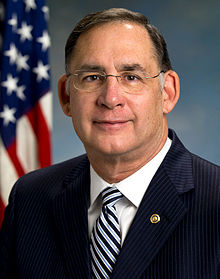
Little Rock Office:
1401 W. Capitol Ave., Plaza F
Little Rock, AR 72201
Phone: (501) 372-7153
Fax: (501) 372-7163
D.C. Office:
141 Hart Senate Office Building
Washington, DC 20510
Phone: (202) 224-4843
Fax: (202) 228-1371
Click Here to Email U.S. Senator Boozman
U.S. SENATOR TOM COTTON

Little Rock Office:
11809 Hinson Road
Suite 100
Little Rock, AR 72212
Mailing Address:
PO Box 25216
Little Rock, AR 72221
Phone: (501) 223-9081
Fax: (501) 223-9105
D.C. Office:
124 Russell Senate Office Building
Washington, DC 20510
Phone: (202) 224-2353
Click Here to Email U.S. Senator Cotton
U.S. CONGRESSMAN RICK CRAWFORD (AR DISTRICT 1)
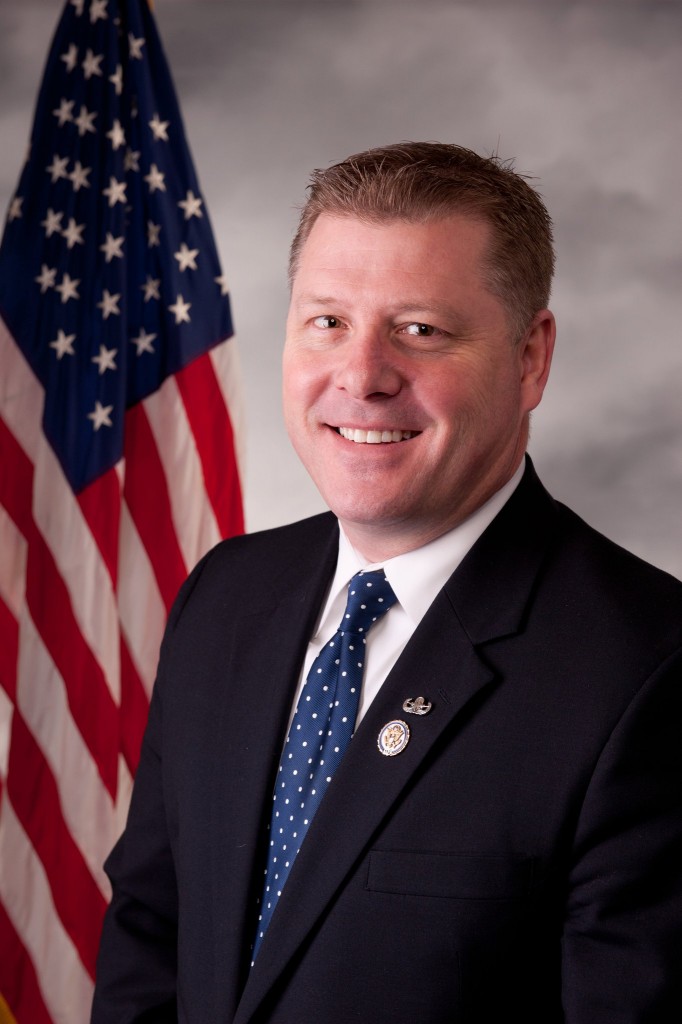
Jonesboro Office:
2400 Highland Drive, Suite 300
Jonesboro, AR 72401
Phone: (870) 203-0540
Fax: (870) 203-0542
D.C. Office:
1711 Longworth HOB
Washington, DC 20515
Phone: (202) 225-4076
Fax: (202) 225-5602
Click Here to Email Congressman Crawford
U.S. CONGRESSMAN FRENCH HILL (AR DISTRICT 2)
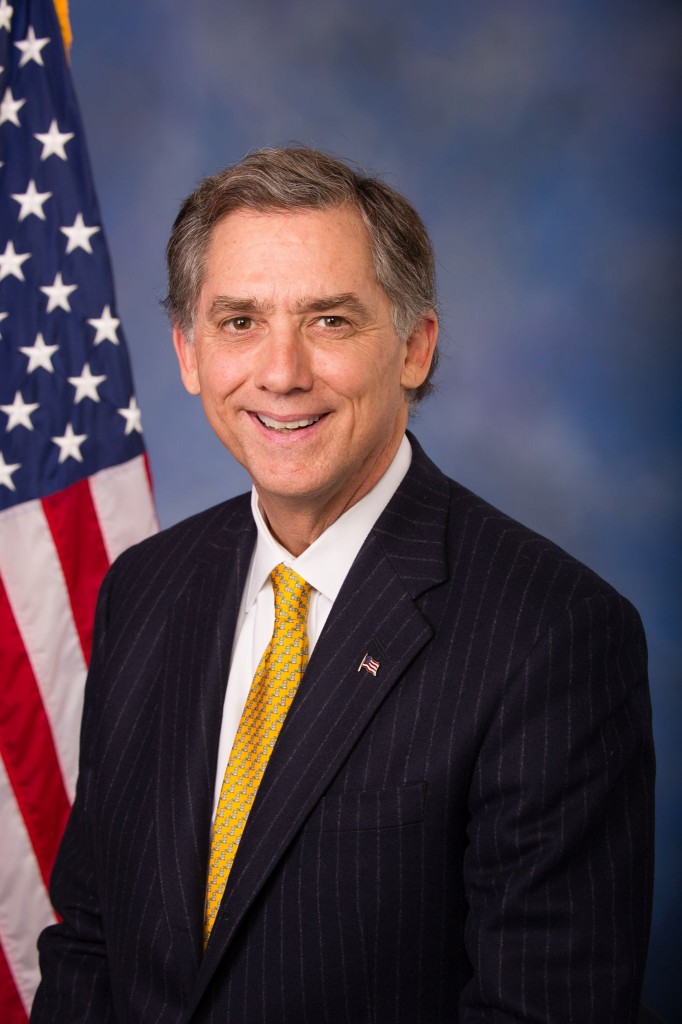
Little Rock Office:
1501 N. University Ave.
Suite 150
Little Rock, AR 72207
Phone: (501) 324-5941
Fax: (501) 324-6029
D.C. Office:
1229 Longworth House Office Building
Washington, DC 20515
Phone: (202) 225-2506
Fax: (202) 225-5903
Click Here to Email U.S. Congressman Hill
U.S. CONGRESSMAN STEVE WOMACK (AR DISTRICT 3)
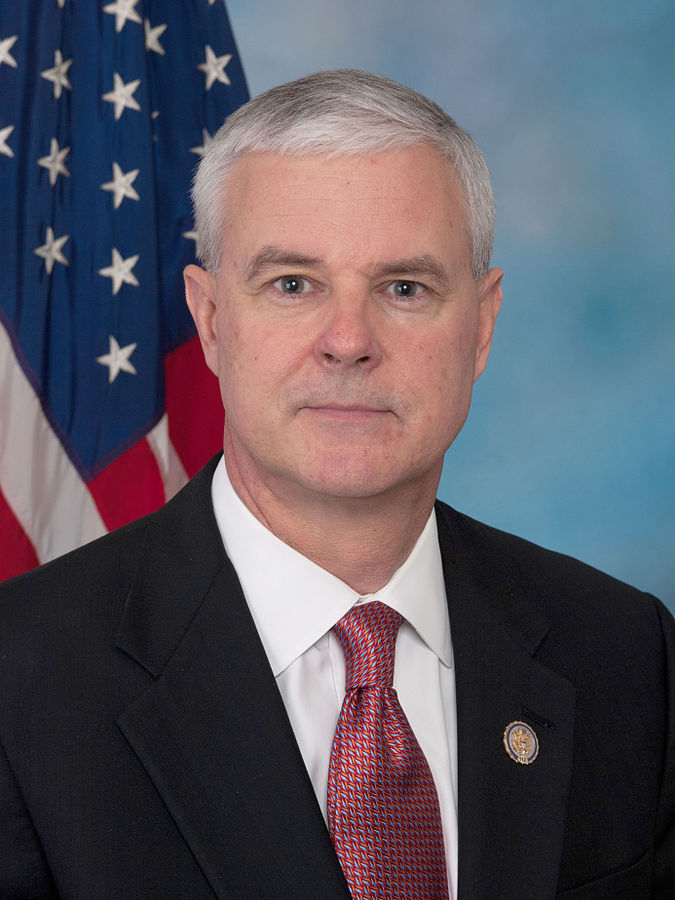
Rogers Office:
3333 Pinnacle Hills, Suite 120
Rogers, Arkansas 72758
Phone: (479) 464-0446
Fax: (479) 464-0063
D.C. Office:
1119 Longworth House Office Building
Washington, DC 20515
Phone: (202) 225-4301
Fax: (202) 225-5713
Click Here to Email U.S. Congressman Womack
U.S. CONGRESSMAN BRUCE WESTERMAN (AR DISTRICT 4)
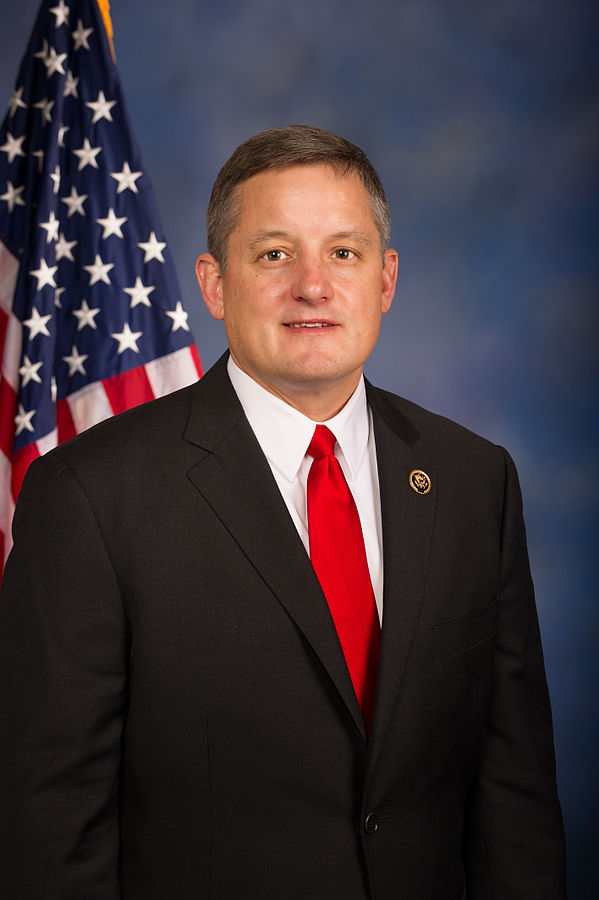
Hot Springs Office:
101 Reserve St.
Suite 200
Hot Springs, AR 71901
Phone: (501) 609-9796
Fax: (501) 609-9887
D.C. Office:
130 Cannon House Office Building
Washington, DC 20515
Phone: (202) 225-3772
Fax: (202) 225-1314
Click Here to Email U.S. Congressman Westerman
READ MORE
 Last week Attorney General Leslie Rutledge’s office appealed a federal court order blocking a good, pro-life law the Arkansas Legislature passed last year.
Last week Attorney General Leslie Rutledge’s office appealed a federal court order blocking a good, pro-life law the Arkansas Legislature passed last year.

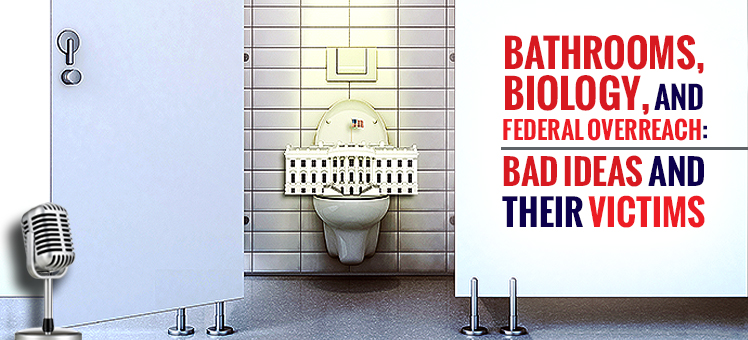
 Last Friday we told you about
Last Friday we told you about 
 The Obama Administration has issued new guidelines effectively requiring every public school in America–including the schools in communities across Arkansas–to let biological males use girls’ bathrooms, locker rooms, showers, and similar facilities, and vice versa.
The Obama Administration has issued new guidelines effectively requiring every public school in America–including the schools in communities across Arkansas–to let biological males use girls’ bathrooms, locker rooms, showers, and similar facilities, and vice versa.




